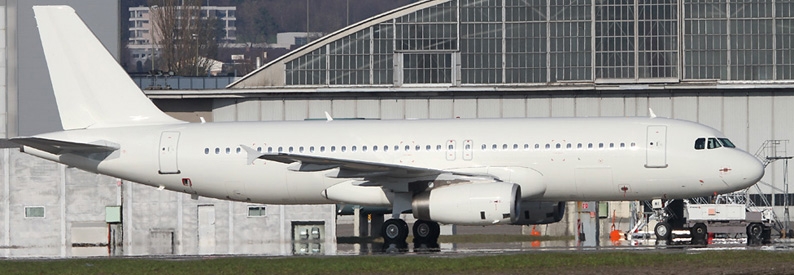airBaltic Dispute with Latvia Over Flight Cancellations

A significant conflict has emerged between the Latvian government and airBaltic, the country’s largest airline, following the airline’s announcement of canceling 4,670 flights for the 2025 summer season. The cancellations are attributed to ongoing maintenance issues with the Pratt & Whitney engines that power airBaltic’s Airbus A220 fleet, igniting tensions between the airline and its majority shareholder, the Latvian government.
For several months, Pratt & Whitney’s Geared Turbofan (GTF) engines have been plagued by technical problems due to the discovery of material impurities in certain engine components. This persistent issue has forced numerous airlines globally to ground their aircraft for inspections, resulting in reduced capacity and operational disruptions. airBaltic, operating an all-A220 fleet, has been particularly hard-hit, necessitating the cancellation of 19 routes and the reduction of frequencies on 21 others for the upcoming summer season.
The Latvian government, holding a majority stake in airBaltic, has responded strongly to these developments. On January 3, 2025, Latvia’s Economics Minister, Viktors Valainis, called for the resignation of airBaltic’s CEO, Martin Gauss. Valainis criticized the airline’s leadership, expressing a loss of confidence in Gauss and questioning the decision to lease part of the fleet to the Lufthansa Group through a wet-lease arrangement amidst the airline’s capacity challenges.
The backlash from the government has been echoed by other prominent Latvian politicians, including Transport Minister Kaspars Briskens, who has demanded explanations from airBaltic’s supervisory board regarding the extensive flight cancellations. This political uproar highlights the strained relationship between airBaltic’s management and the government, which is concerned about the airline’s operational stability and strategic decisions.
In response, Martin Gauss defended his leadership and the airline’s actions, emphasizing that the GTF engine issues are a global problem beyond airBaltic’s control. Gauss accused government critics of harming the airline and defended the wet-lease strategy as a means to enhance profitability during a period of reduced capacity. He also highlighted airBaltic’s financial resilience, noting a €34 million profit in 2023 and the securing of additional financial instruments to address short-term obligations. Despite criticisms regarding high-interest bonds, Gauss asserted that these bonds were oversubscribed and competitively priced within the global market context.
Amidst these challenges, airBaltic is progressing with two major projects slated for 2025: the introduction of free Starlink connectivity across its entire fleet and a highly anticipated Initial Public Offering (IPO). However, the ongoing political dispute may impact the timeline and execution of these initiatives. Klavs Vasks, Chairman of airBaltic’s Supervisory Board, indicated the necessity for additional capital to ensure the airline’s long-term viability and to achieve a healthier capital structure with lower financial costs. Vasks also hinted at advanced negotiations with potential strategic investors, possibly including the Lufthansa Group, though these talks have faced hurdles.
Despite the turmoil, airBaltic remains optimistic about its future. The airline has reached out to AeroTime, stating that negotiations with a pre-IPO strategic investor are in an advanced stage and that preparations for the IPO are underway, targeting an early 2025 listing when market conditions are favorable. Vasks reiterated his confidence in airBaltic’s business model and the feasibility of the IPO, calling for cooperation among all stakeholders to support the airline’s crucial role in the Latvian economy.
The dispute underscores the broader challenges facing airBaltic, including technical maintenance issues and strategic management decisions. As the airline navigates these obstacles, the support and collaboration of the Latvian government and other stakeholders will be pivotal in securing its operational stability and future growth. The resolution of this conflict will be essential for airBaltic to continue its trajectory as a key player in the European aviation market and to successfully launch its upcoming projects.
The row between the Latvian government and airBaltic highlights the complexities of managing an airline amid technical and operational challenges. The outcome of this dispute will significantly influence airBaltic’s ability to maintain its market position, execute its strategic initiatives, and ultimately ensure sustainable growth in the competitive aviation industry.
Related News : https://suspicious-zhukovsky.67-21-117-18.plesk.page/?s=airBaltic
